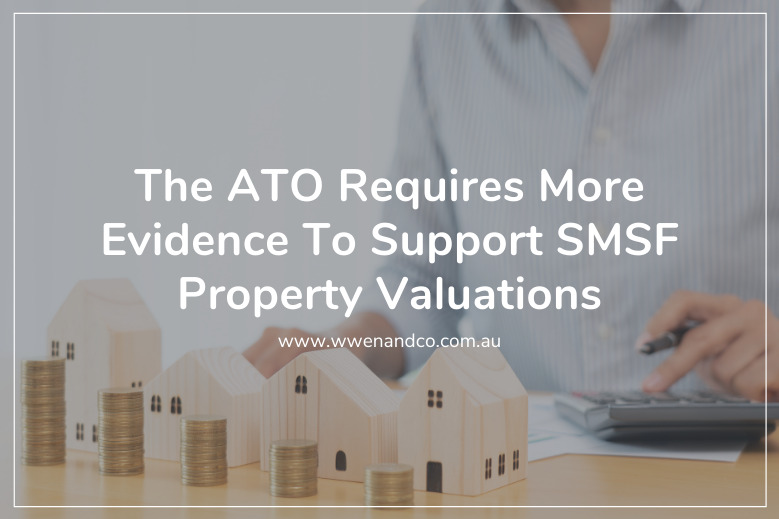Audit evidence to support SMSF property valuations

The ATO recently clarified the evidence that is required to support real property valuations within SMSFs, particularly in light of the unique challenges brought about by COVID-19.
Under SMSF regulations, assets must be valued at market value in an SMSF’s accounts and financial statements each year. SMSF auditors need to be in possession of sufficient appropriate audit evidence to support the value of a fund’s investments.
It’s worth noting that in 2018, the most common contravention identified by auditors and referred to ASIC was about such valuations. Before a change to regulations in July 2012, the compliance burden was less onerous; fund assets were only required to be valued every three years (except where the fund was paying a pension or it held in-house assets).
The ATO lists audit evidence examples
In October 2020, the ATO updated its website clarifying the objective and supportable evidence needed to support real property valuations. The ATO listed the following examples of various items it considered may be useful:
- Independent appraisals from real estate agents (ie, kerb side valuations)
- Sales contract (provided the purchase is recent and no events have occurred to the property that could materially impact its value since the purchase, such as perhaps a global pandemic or natural disaster)
- Recent sales of comparable property in the area
- Rates notices — provided they are consistent with other evidence on valuation
- Net income yield of commercial properties. (The ATO notes, however, that this on its own is not sufficient and is only appropriate where tenants are unrelated.)
External valuations
It’s important to note that an external valuation using a qualified independent valuer is not required in the normal course of events (but would obviously assist).
However, a trustee should consider an external valuation where the property represents a significant proportion of the fund’s value. Expert valuations should also be considered where an event has occurred, such as a natural disaster, which may significantly alter the property’s value. Where an external, expert valuation is not used, objective and supportable evidence must form the basis of the valuation each year.
The evidence should also be contemporaneous. That is, it should as much as possible support an end of year 30 June valuation. This is particularly the case where the market is volatile. Perhaps the take-away point with supporting evidence, is that it should be a mix of relevant material that the auditor is furnished with, rather than a single item listed above.
Although not listed in the ATO’s October communique, in the past few years there has been a rise of online valuation providers. The ATO has stated that a valuation from this source would also be acceptable.
Market value
For background, market value in relation to real property and other SMSF assets means the amount that a willing buyer of the asset could reasonably be expected to pay to acquire the asset from a willing seller. Generally, the ATO will accept a fund’s determination of market value where:
- It does not conflict with the “Valuation guidelines for SMSFs” (available on the ATO’s website)
- There is no evidence that a different value was used for any corresponding CGT event, and
- It was based on “objective and supportable data”
Trustees and auditors’ responsibilities
To be clear, it’s not the auditor’s job to undertake a valuation. Rather, it is the trustee’s responsibility to provide their auditor with the documents that are requested to support the market valuation of SMSF assets, including real property.
The auditor should seek evidence that shows how the asset was valued, including the method used and the data on which the valuation was based. On the property front, although real property investments are generally less susceptible to short-term market volatility compared with shares or certain other financial instruments, values can nonetheless fluctuate significantly in the short-term.
This is particularly the case when the economy experiences an unexpected shock, such as that brought about by COVID-19.

